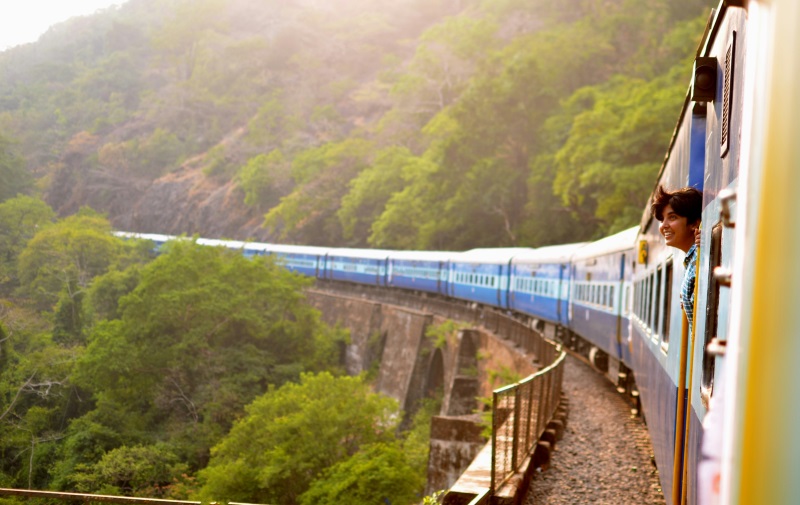
Genocide of Kashmiri Pandits
posted by admin march 2018
The Genocide of Kashmiri Hindus who are also called Kashmiri Pandits, was seventh ethnic cleansing of Kashmiri Pandits by radical Islamists in Kashmir Valley around 1990.

Mewar
posted by admin march 2018
No indigenous State in medieval India figured so prominently in the chequered annals of our land and played so valiant a role in resisting the aggressive expansion of the foreign Sultanate of Delhi (1206-1526) and its successor the Mughal Empire (1526-1803) as the Kingdom of Mewar.
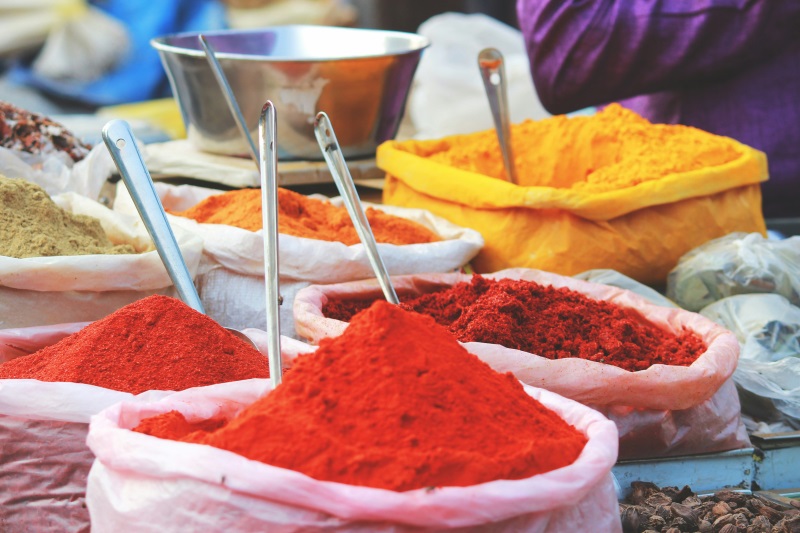
Ancient University of Nalanda
posted by admin march 2018
Nalanda was an ancient Mahavihara, a revered Buddhist monastery that also served as a renowned centre of learning, in the ancient kingdom of Magadha (modern-day Bihar) in India. It was one of the greatest centres of learning in the world.
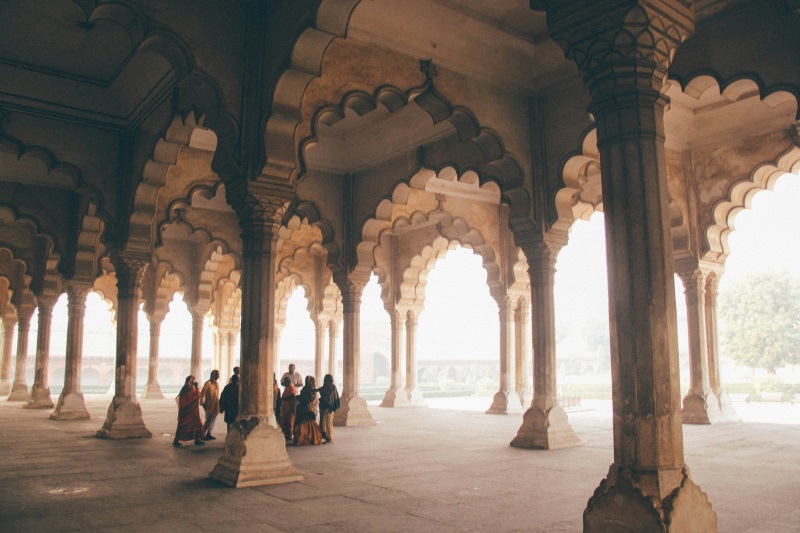
Pallava Dynasty
posted by admin march 2018
The Pallavas of Kanchipuram are considered to be one of the most powerful dynasties to have ruled over Bharatavarsha.
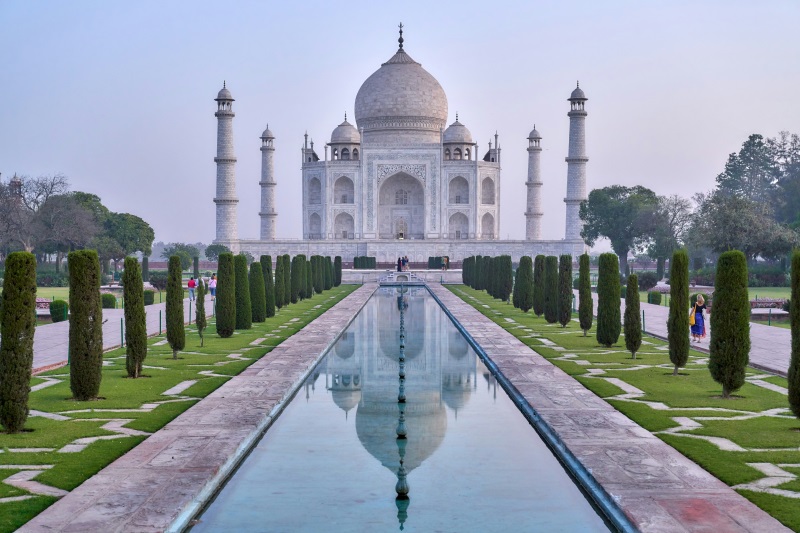
History of Varna and Caste System
posted by admin march 2018
The common belief among Hindus in India that one is born into a certain caste is not only flawed but is also not supported by any of the scriptures.
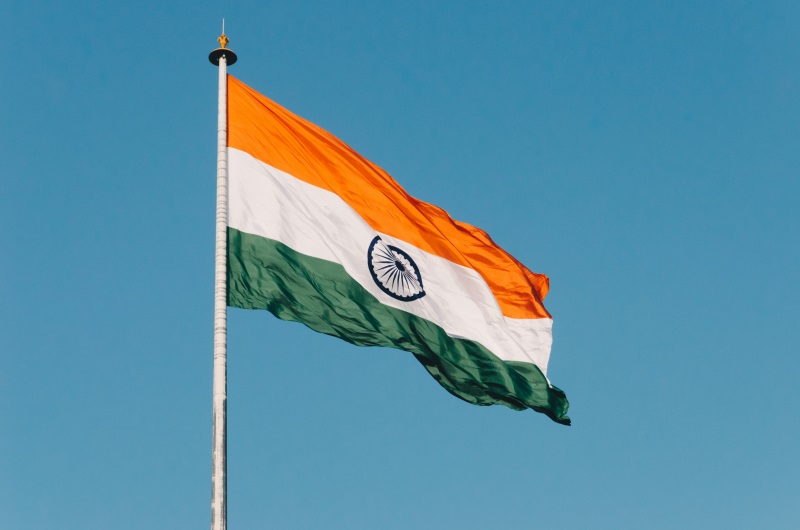
Shahajiraje's Birth
posted by admin march 2018
Shahajiraje was born to Malojiraje Bhonsle and his wife Umabai. She was the daughter of Phaltan’s Naik Nimbalkar family.
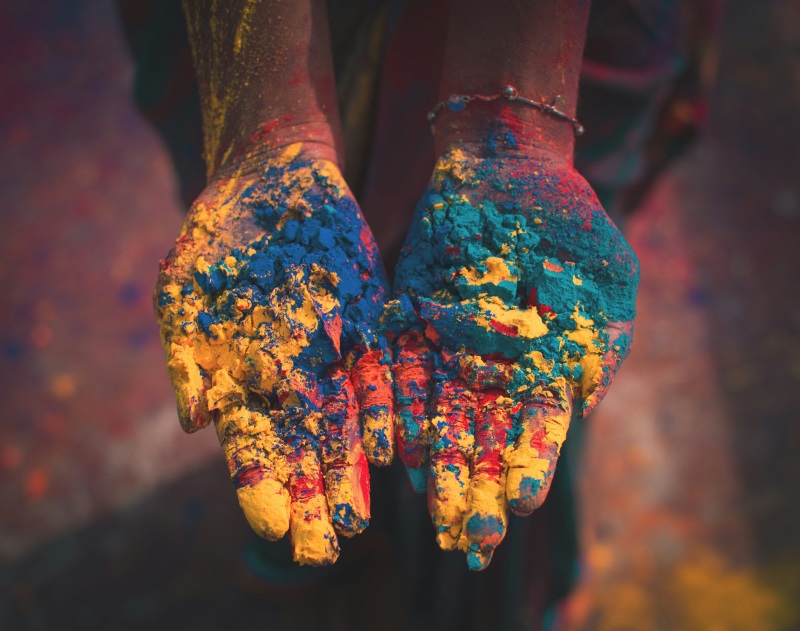
Chapekar brothers
posted by admin march 2018
Damodar Hari Chapekar, Balkrishna Hari Chapekar and Vasudev Hari Chapekar, collectively addressed as the Chapekar brothers, assassinated Charles Rand in June 1897.
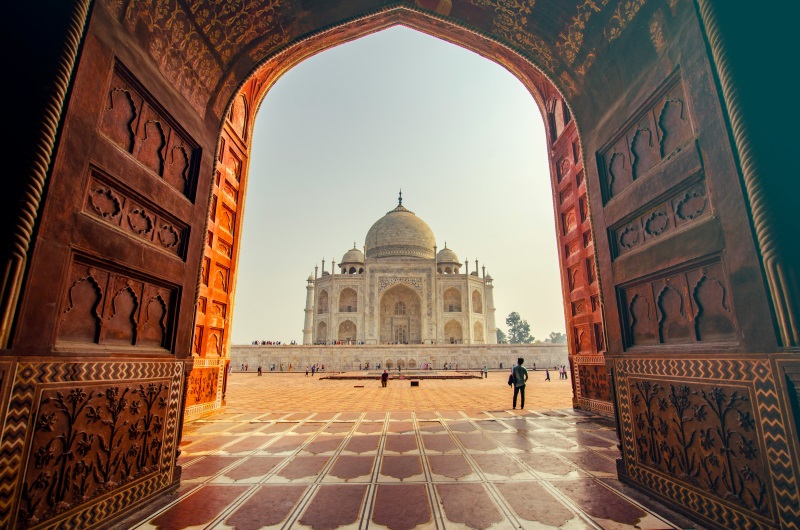
Yadavas of Devagiri
posted by admin march 2018
Maharashtra’s glory went on increasing from Satavahanas to Devagiri’s Samrat Mahadevrao Yadav (from 200 BCE to 1271 CE)
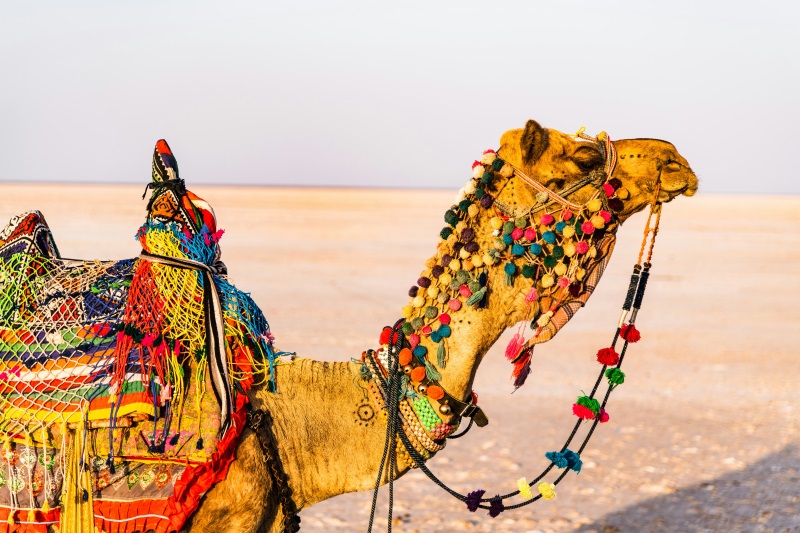
Ellora Caves
posted by admin march 2018
In the lap of Charnadari hills which extend over a mile and a half-lie the world-famous cave temples of Ellora.
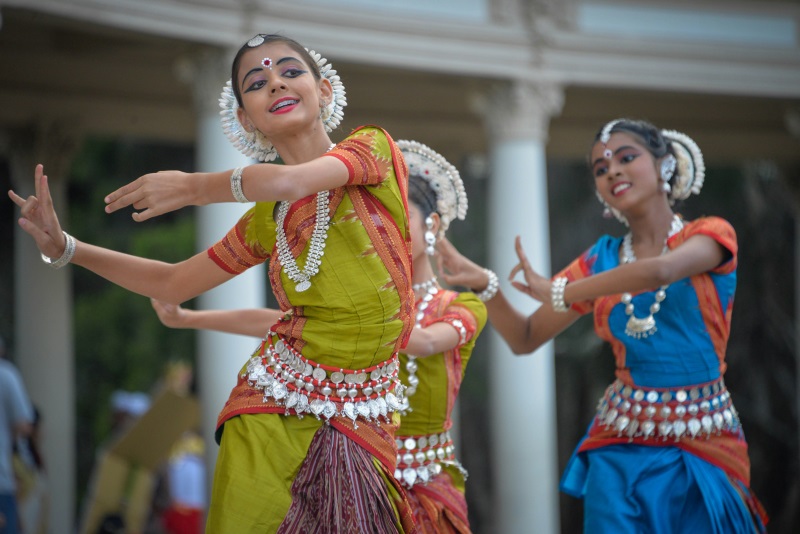
Sree Padmanabhaswamy Temple
posted by admin march 2018
The Padmanabhaswamy temple is a Hindu temple, located in the state capital of Thiruvananthapuram where the presiding deity is Vishnu.
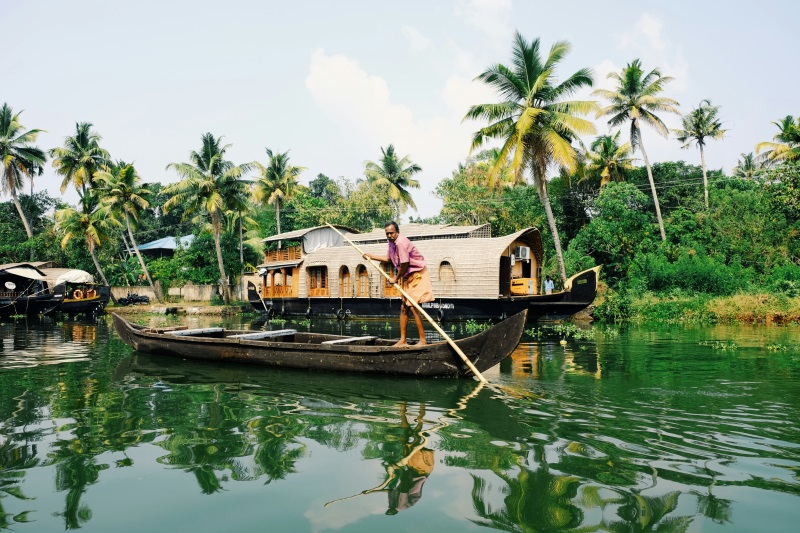
Jag Mandir
posted by admin march 2018
Jag Mandir or the Lake Garden Palace, is built on an island in Lake Pichola at Udaipur.
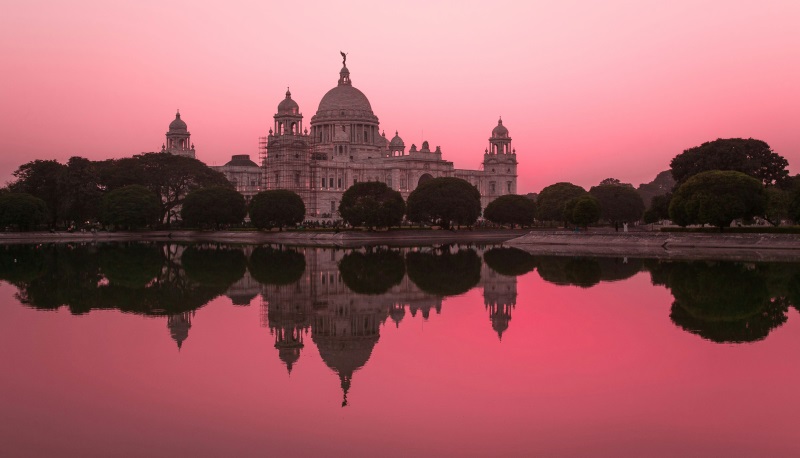
Maharana Raj Singh
posted by admin march 2018
Born in 1629, Maharana Raj Singh became ruler of Mewar in 1652.




India amazed me with its rich culture, delicious food, and warm people. I can't wait to return!